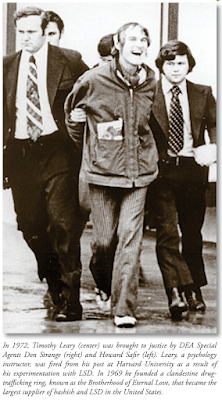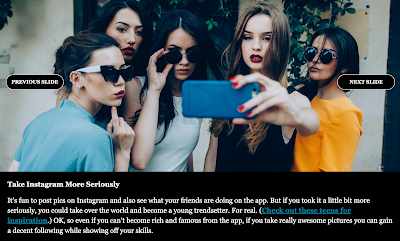The Barbie movie starts out cleverly with a 2001: A Space Odyssey spoof, showing the origin of the doll as a baby doll so that girls could play at being mothers. As Helen Mirren points out in the narration, this wasn't always fun. "Just ask your own mother." Coming in like a monolith is Margot Robbie as the original Barbie doll in her iconic black-and-white swimsuit and high heels (to match her high-heeled feet), whereupon the girls see their future as stylish and in-command women.
We then travel to Barbie Land, where all the Barbies live in pink plastic houses, while running the show in all professions, including the President and all the Supreme Court justices, as well as doctor, lawyer, and astronaut. Robbie as "Stereotypical Barbie" travels around in her pink car prettily applauding her sisters' successes. Meanwhile, Ken (Ryan Gosling) and the other Kens exist purposelessly while "beaching" (hanging out on the beach).
A moment of self-realization leads Barbie, Inanna-like, through a portal to the Real World, and when Ken comes along, he quickly discovers that gender roles are reversed there. Meanwhile, Barbie discovers she hasn't been the empowering role model to girls she'd thought she was, and hooks up with working mother Gloria (America Ferrera, much slimmed down and prettied up from her "Ugly Betty" days) and her daughter Sasha (Ariana Greenblatt) to travel back to Barbie Land and set things right. Except that once they return, Ken has turned it into a patriarchal nightmare, with the Barbies relinquishing their power positions to become good little girlfriends mooning over their Kens while they all play guitar and sing Matchbox 20's song, "I wanna push you around." Meanwhile Will Ferrell as the Mattel CEO tries to scold Barbie back into her box and Barbie Land by calling her a Jezebel, and she has a Proustian flashback.
It's a lot like life. Girls play with Barbies and imagine they'll grow up to have perfect, empowered lives like their dolls do, with great wardrobes. Then we often realize it's easier to get boys' attention by ditching all that and being attentive to male needs.

It's a lot like our history (or herstory, as I like to say). As Joseph Campbell put it, "There can be no doubt that in the very earliest ages of human history, the magical force and wonder of the female was no less a marvel than the universe itself; and this gave to woman a prodigious power, which it has been one of the chief concerns of the masculine part of the population to break, control, and employ to its own ends." So while women were thought to be the sole creators of life we were indeed everything, until men figured out they had something to do with paternity and took over, waging war over Helen of Troy and such.
The problem I have with Barbie is that its solution is a war among men—something we've had quite enough of already—and switching back to putting only one sex in charge. (I guess that the Lysistrata anti-war technique wouldn't have worked in Barbie Land since they don't have genitals there.) It seems filmmaker Greta Gerwig's research didn't include reading Riane Eisler's The Chalice and the Blade, where she makes a case for a partnership model of power sharing between the sexes going forward. At least Barbie apologizes to Ken for negating him in the end, saying, "Every night didn't have to be girl's night." And at least the "war" is fought with beach toys instead of real weapons.








